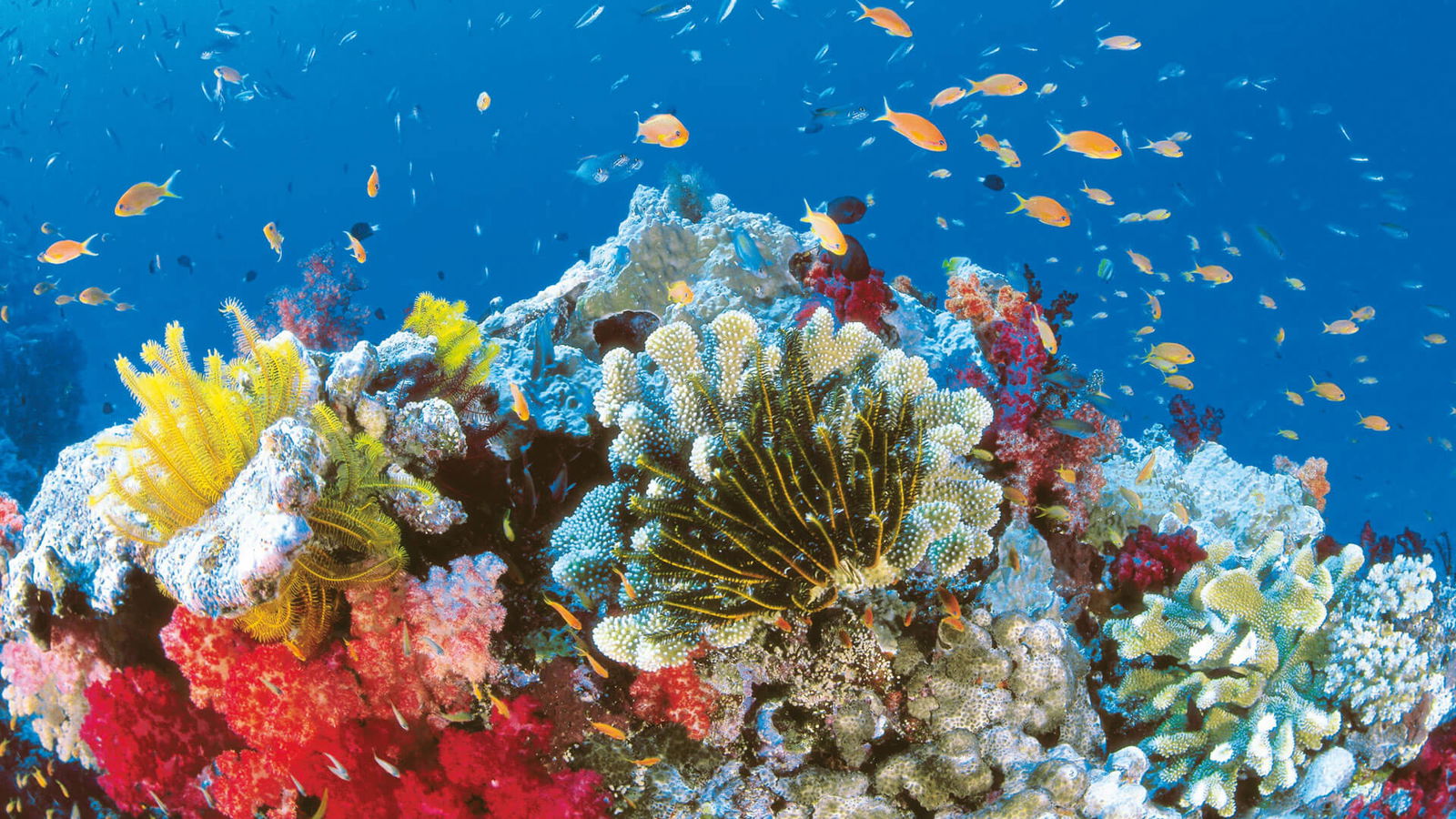 A new research made by the University of Florida shows that modern species living in reef habitats that are quickly declining, like Australia’s Great Barrier, are likely to be at risk.
A new research made by the University of Florida shows that modern species living in reef habitats that are quickly declining, like Australia’s Great Barrier, are likely to be at risk.
The document reached this conclusion after several ancient crustaceans went extinct due to a massive collapse of coral reefs across the planet, showing a direct relation between the amount of prehistoric reefs and the number of decapod crustaceans, a group that includes shrimp, crab and lobster.
The findings, which will be published in the November issue of Geology, could be used as an argument by the environmentalists and the United Nations to ask Australia’s Queensland government to brake local mining projects and ports construction, at least in the surroundings of the Great Barrier, the country’s most renowned natural wonder and also the world’s largest coral reef system.

In June, more than 150 marine scientists from 33 institutions delivered a letter to the Australian authorities, warning them about the mounting threats that mining projects and other industrial activities pose to the reef.
The lead author of the study, Adiël Klompmaker, said that if reefs keep declining at the current rate during this century, “a few thousand species” of crustacean are in real danger of going extinct. According to some of his colleagues, as much as 20 percent of the world’s reefs may collapse within 40 years.
